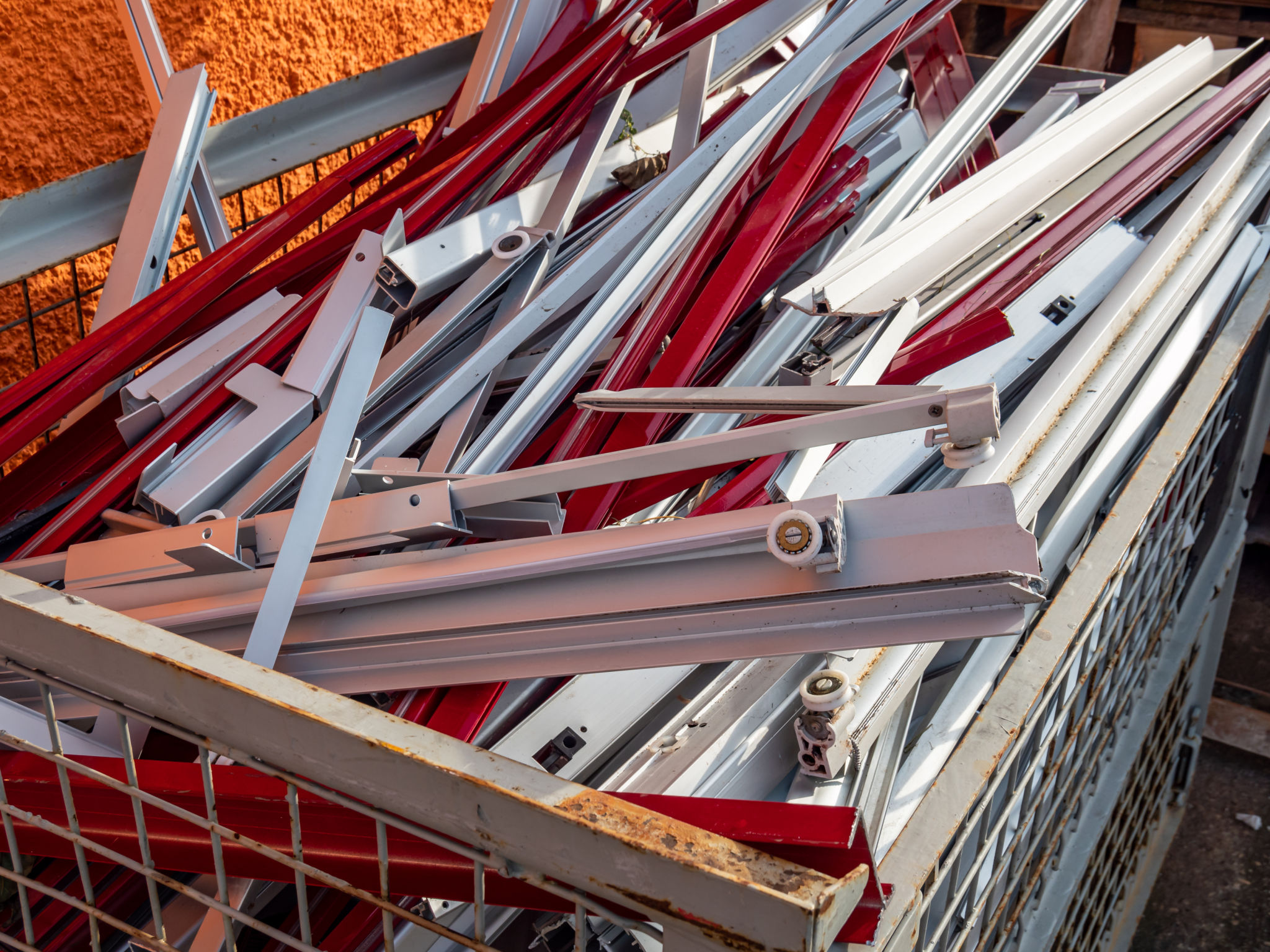Navigating the California Scrap Metal Marketplace: Tips for Sellers
As the demand for sustainable practices grows, selling scrap metal in California presents a lucrative opportunity. However, navigating the state's scrap metal marketplace requires knowledge of regulations, market trends, and best practices. This guide provides essential tips for sellers looking to maximize their returns while ensuring compliance with local laws.
Understanding California's Scrap Metal Regulations
California has specific regulations governing the sale of scrap metal. Sellers must be aware of these rules to avoid legal issues. One key aspect is the requirement for documentation. Sellers should retain records of transactions for at least two years, including the weight, type of metal, and buyer details.
Moreover, certain metals, such as copper, have additional restrictions due to their high value and frequent theft. Ensure you check local laws for any specific requirements about the metals you're selling. Staying informed about these regulations is crucial for a seamless selling experience.

Licensing and Permit Requirements
Before venturing into the scrap metal business, ensure you have the necessary licenses and permits. In California, scrap metal dealers must be licensed by the state Department of Justice. This process involves background checks and, in some cases, fingerprinting. Additionally, sellers may need permits from local authorities, depending on the city or county.
Obtaining the right licenses not only keeps you compliant but also builds trust with potential buyers. It signals professionalism and a commitment to ethical practices, which can enhance your reputation in the marketplace.
Evaluating Market Trends
The scrap metal market is dynamic, with prices fluctuating based on demand, global economic conditions, and supply chain factors. To capitalize on these changes, sellers should stay updated on current market trends. Monitoring commodity prices and industry news can provide valuable insights into when to sell for maximum profit.

Identifying High-Value Metals
Some metals are more valuable than others, and knowing which ones to prioritize can significantly affect your revenue. Copper, aluminum, and stainless steel are typically in high demand due to their widespread use in construction and manufacturing. Researching which metals are currently fetching higher prices can help you focus your efforts wisely.
Additionally, consider the quality and condition of the metals you collect. Clean and sorted metals usually command higher prices than mixed or contaminated loads.
Building Relationships with Reliable Buyers
Establishing strong relationships with reputable scrap metal buyers can streamline your selling process. Reliable buyers offer consistent pricing and timely payments, making it easier to plan your business activities. Attend industry events and engage with online forums to connect with potential buyers.

Negotiating Better Deals
While building relationships is crucial, don't hesitate to negotiate deals that benefit you. Understanding the current market rate for different metals gives you leverage during negotiations. Be clear about your expectations and open to discussing terms that ensure a fair transaction for both parties.
By following these tips and remaining proactive in your approach, you can successfully navigate the California scrap metal marketplace and enhance your profitability. Staying informed and compliant will not only protect your business but also contribute to a more sustainable environment.